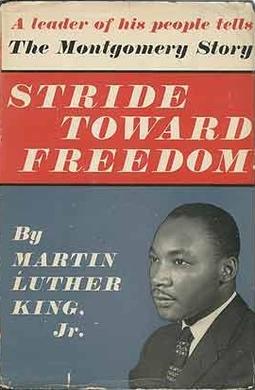Do to us what you will and we will still love you

The rule of law is the principle that all people and institutions are subject to and accountable to law that is fairly applied and enforced. Enforcing the law is a state monopoly, entrusted to the police force, but the police themselves are also accountable to the law. The police are licenced to use the minimum amount of violence necessary to uphold the law. If they use unnecessary force they can be held accountable. Police officers are subject to the law of the land, just like any ordinary citizen.
There are those who believe that the rule of law can be upheld, and should be upheld, without enforcement, and that all police violence is to be condemned. Some anarchists believe that all police force is evil, full stop. One may agree or disagree with this, but it should be clear that to be part of Extinction Rebellion one does not have to learn to become an anarchist. Extinction Rebellion is not an anarchist movement. It is a movement that is deeply committed to the principle of nonviolence. And all XR rebels have to learn what it means to be part of a nonviolent movement.
Here are some further thoughts about nonviolence in the face of police violence, taken from the writings of Martin Luther King Jr. Stride Toward Freedom: The Montgomery Story is the title of his first book. It is his historic account of the 1955–56 Montgomery Bus Boycott, the civil disobedience action that ended bus segregation and that made Rosa Parks famous. The book describes the historic events, and it also gives an outline of King’s growing understanding of nonviolence.
The book makes clear how violently the white community responded to the black civil disobedience movement, and how hard it was for King to ensure that the movement remained nonviolent. When a bomb exploded in the porch of Martin Luther King’s home, it was a miracle that Coretta and their young baby were unhurt. That night, King reflects on the attitude of the three white police commissioners who are involved in investigating the case. (Trigger warning: in 1958, ‘Negro’ was still an acceptable way to refer to Black people.)
I tried to put myself in the place of the three commissioners. I said to myself these men are not bad men. They are misguided. They have fine reputations in the community. In their dealings with white people they are respectable and gentlemanly. They probably think they are right in their methods of dealing with Negroes. They say the things they say about us and treat us as they do because they have been taught these things. From the cradle to the grave, it is instilled in them that the Negro is inferior. Their parents probably taught them that; the schools they attended taught them that; the books they read, even their churches and ministers, often taught them that; and above all the very concept of segregation teaches them that. The whole cultural tradition under which they have grown—a tradition blighted with more than 250 years of slavery and more than 90 years of segregation—teaches them that Negroes do not deserve certain things. So these men are merely the children of their culture. When they seek to preserve segregation they are seeking to preserve only what their local folkways have taught them was right.
Martin Luther King Jr, Stride Toward Freedom, 1958
The book makes clear how incredibly difficult it is to remain nonviolent in the face of violence and to convince your followers to abide by the principles of nonviolence. At the end of the book, Martin Luther King paraphrases Gandhi.
American Negroes must come to the point where they can say to their white brothers, paraphrasing the words of Gandhi: “We will match your capacity to inflict suffering with our capacity to endure suffering. We will meet your physical force with soul force. We will not hate you, but we cannot in all good conscience obey your unjust laws. Do to us what you will and we will still love you. Bomb our homes and threaten our children; send your hooded perpetrators of violence into our communities and drag us out on some wayside road, beating us and leaving us half dead, and we will still love you. But we will soon wear you down by our capacity to suffer. And in winning our freedom we will so appeal to your heart and conscience that we will win you in the process.”
And finally, King reminds us that nonviolence has two stages: first it changes those who are committed to it, and only in the second stage it has the capacity to stir the conscience of their opponents.
The nonviolent approach does not immediately change the heart of the oppressor. It first does something to the hearts and souls of those committed to it. It gives them new self-respect; it calls up resources of strength and courage that they did not know they had. Finally it reaches the opponent and so stirs his conscience that reconciliation becomes a reality. I suggest this approach because I think it is the only way to reestablish the broken community.
I believe this magnificent book should be on the reading list of Extinction Rebellion.